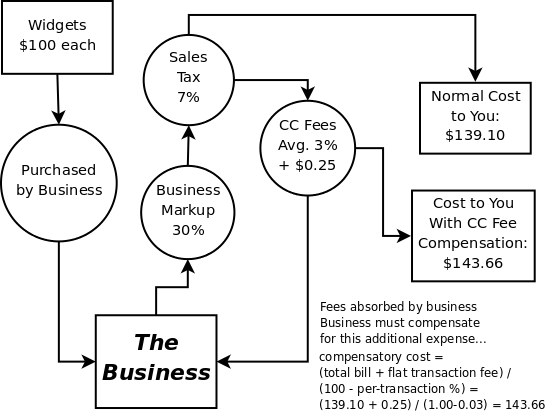I have lived in Siler City, NC (in Chatham County, NC) for four years. Having established a solid commercial presence here and finding the area to be generally decent and agreeable to live in, I’ve been seriously looking into the process of establishing a more permanent residence. However, every time I look up more information regarding the process, I see more reasons to avoid Chatham County for establishing any kind of permanent residence. The reasons are many and varied, but I can chalk the biggest one up to one major factor that causes me more concern than any other. What is this major issue that single-handedly doomed my fantasies of building a home on some undeveloped Chatham County land?
Impact fees.
That’s right, impact fees. Something which I’d never once heard of before I came here. I’ve looked at land in Oxford, NC in the past, as well as various other counties north and northwest of Orange County, and not once have I heard of “impact fees.” What’s an “impact fee” supposed to be for, anyway? Apparently, it’s a one-time county government surcharge (read: “TAX”) that’s supposed to raise money for building or maintaining schools. You know, like elementary, middle, and high schools…for the children I shall never ever produce. And boy, these kids I don’t and won’t have would cost me a ton. How much, you ask?
Chatham County’s impact fee is a one-time fee of $3,500.
Needless to say, I’m not keen on buying a $50,000 parcel of empty land to build my future upon if I have to give Chatham County $3,500 for the privilege of building a house there. Despite being a small business owner (or perhaps because of that), I DO NOT make a large amount of money every month–in fact, I’d say I make the equivalent take-home pay of what someone making $8 an hour would make for the 50+ hours a week I work. Fortunately, I have also gone to some trouble to ensure I live reasonably within my means. I’d love to own instead of rent, but let’s put this into perspective: Chatham County tells me that to start building my dream home here, I have to give them about 9 weeks of my pay just for the “impact fee” privilege, ignoring all other fees such as those required for permits and inspections. The purpose of the impact fee being something that I’ll never see any benefit from is merely an added insult. I don’t want to pay for someone else’s children to go to school, and guess what? I’ll look elsewhere because of the hubris of the fools in charge of Chatham County.
I mean, think about this: if I’m buying land for $50,000 and the county demands $3,500 to “allow me” to build a home, that’s 7% of what I’d have paid for the land! That’s not all there is to it, and I could name off other regressive punishment taxation that chases off development such as the “recreation fee,” but my point is clear.
Chatham County: no one wants to move here because you run things like you’re Chapel Hill, Cary, or Raleigh, but you’re none of these. Chatham is rapidly becoming a “bedroom community” and many businesses are shutting down or moving to neighboring counties that don’t have absurdly brain-dead policies like this. I can’t count how many decent-sized corporations have considered Chatham County, NC as a possible location for some kind of sizable facility that would bring hundreds of jobs to the area, only to be denied something they needed. From what I understand, the old Joan Fabrics building in Siler City (which is now occupied by Acme-McCrary, leaving an empty Acme-McCrary building right across the street) was examined for potential as a distribution center for Sheetz, and that deal fell through because someone in some level of local government didn’t want all that tractor-trailer traffic to be there on US 64. Hello, genius, the building has something like 8-10 loading docks on the side! If you want to fill it, is it really reasonable to expect that those docks will be left mostly unused?
In four years, I have witnessed a slow but steady decline in Chatham County’s economy, and while my business is doing well, it’s more because of adaptation and our ability to engineer workflow and customer experience improvements; the county and city governments largely seem to prefer that businesses shut down and get replaced by trees and pastures. On top of that, fees such as impact and recreation fees that charge a premium for the privilege of developing and growing Chatham County end up reducing overall revenues by strongly encouraging people to build their lives in Burlington, Sanford, and Asheboro instead.
Please, for the love of all that’s sane and logical, get rid of these kinds of fees. They hurt everyone in the entire county, and they’re the biggest reason I’ll never build my permanent home here. I don’t want to live in a bedroom community, and when the lease is up on the current location for my business, I’m going to have to justify remaining in Siler City. A forecast of future economic activity will play very heavily into this choice.
How many people are going through the same thought process about this subject every year? How much opportunity for growth has Chatham flipped the bird towards and lost forever? With the constant growth going on in the county, it will only become more difficult to justify over time.

